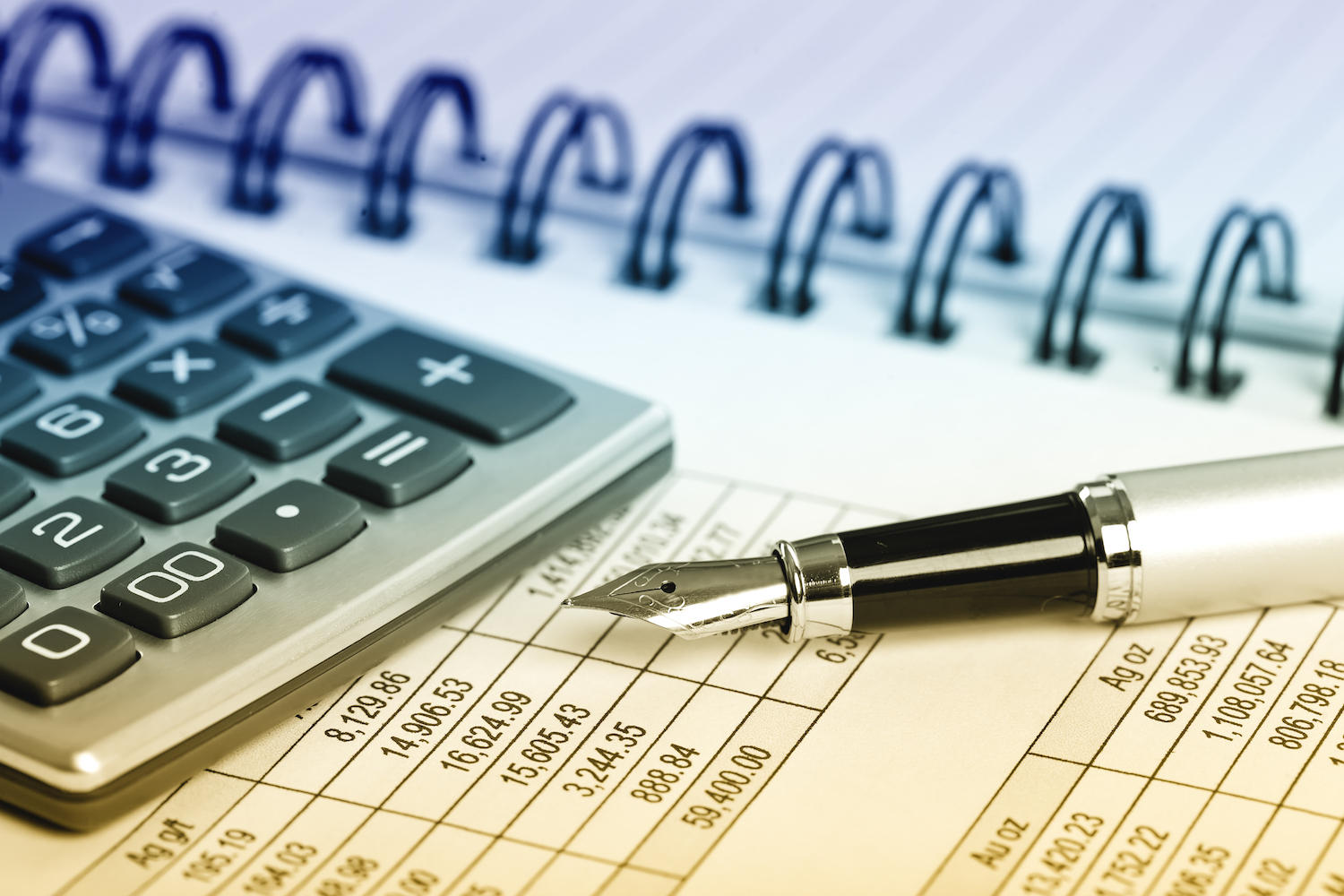Accounting for government grants: What your accountant needs to know
Across the industry, accountants are beginning to prepare year-end financial statements for clients whose accounting periods end on or after 31 March 2020.
Resulting from the various government support made available due to the COVID-19 pandemic, businesses are likely to have received grants, whether from the local authority/self-employed grants and/or in respect of furlough claims.
The accounting and tax treatment of such receipts may become an afterthought, but it is worth considering at the earliest opportunity in case budgeting needs to reflect increased tax liabilities.
We’ve prepared some useful tips that will help sole traders, partnerships and limited companies understand the accounting and tax treatment when preparing financial statements.
Local Authority Grants
Like thousands of people across the UK, you may have received local authority grants, whether that be a Small Business Grant, a Retail Leisure & Hospitality Grant or a Discretionary Grants.
Whichever grant you received; accountants will need to report this in your financial statements, ordinarily as other income which would then be taxed in the year in which received.
However a fundamental accounting concept is the matching basis therefore it is possible, if your year-end was shortly after the grant receipt in your bank account, that you have not yet had the opportunity to reflect how the funds will be utilised in your business.
It would therefore prudent to report the grant in your statement of financial position as a deferred income/long term liability. This means that the grant has been reported in the financial statements but as it has not yet been spent, it is deferred to the next accounting period. It then enables the grant receipt and the related costs to be matched thus having a negligible/nil tax impact, smoothing cash flow requirements during the ongoing pandemic.
For your accountant to correctly account for the grant, you’ll need to provide evidence of what the additional funding was used for. If you use a cloud-based accounting system such as KashFlow, this should be a smoother process. But if not, preparing a list to send to your accountant will help them offset the expenses against the grant.
Self Employed Income Support Grant
As at today, 3 August, accountants have not yet received confirmation from HMRC as to when the SEIS grants will be taxable. However, here at Shenward, we fully expect any SEIS grant received to be taxable during the 2020/21 financial year.
If you were in receipt of the SEIS grant, you’ll need to provide your accountant with exactly how much was received, bearing in mind that there are 2 grants, the second window opening from Monday 17 August 2020.
Job Retention Scheme (CJRS) Grants
The coronavirus job retention scheme is one of the most complex schemes within the government support packages provided throughout the COVID-19 pandemic. With flexible furlough and short-term furlough being part of the equation, payroll records will look a lot different to the ones you provided to your accountant in the last financial year.
No matter how complex they are, one thing is for sure; any furlough claims will need to be reported as other income within your financial statements and will be subject to tax and national insurance (for sole traders and partners).
Eat Out to Help Out Grants
Eat Out to Help Out will operate on Mondays to Wednesdays through the month of August 2020. Its purpose is to incentivise customers to eat in restaurants or other eating establishments by giving them a discount which businesses can then claim back from the government.
The scheme is UK wide and customers will be able to see who is taking part on GOV.UK. The scheme will drum up custom on quieter days of the week.
HMRC has issued extensive guidance on various examples how to calculate the 50% voucher, capped at £10 per head. However, we draw registered businesses of the scheme to the following accounting and tax points:
- Claims made will form part of sales and ultimately profit and will be subject to tax and national insurance (for sole traders and partners) as normal
- Where restaurants or other eating establishments are registered for VAT, this will be payable on the undiscounted bill, albeit at 5% for food and non-alcoholic drinks
Example
A group of six diners (4 adults and 2 children) spend £90, including £18 on alcoholic beverages.
Bill before discount £90
Amount spent on alcohol £18
Amount discount can be applied to £72
Discount (50%, capped at £10 per head) £36
Bill after discount is applied £54
Total amount the business can claim £36
VAT will be due at 20% of the alcohol amount of £18, being £3.
VAT will be due at 5% on the full undiscounted amount of £72 for the rest of the meal, being £3.43.
Total VAT due being £6.43. As a comparison, if VAT was maintained at 20%, the VAT due would have been £15.
Businesses will be required to retain sufficient evidence to support any claims made e.g. daily gross takings reports (e.g. Z reads and individual meal receipts).
Further information is available below: https://www.gov.uk/government/publications/get-more-information-about-the-eat-out-to-help-out-scheme/get-more-information-about-the-eat-out-to-help-out-scheme
We appreciate the complexity of this year’s financial statement preparation, so please do get in touch with one of our friendly experts if you’d like to discuss your businesses’ position.

